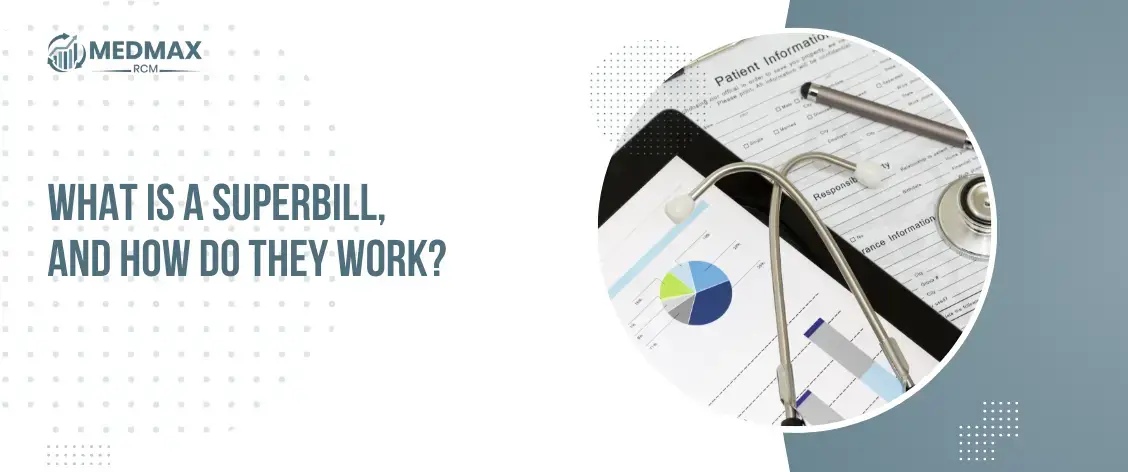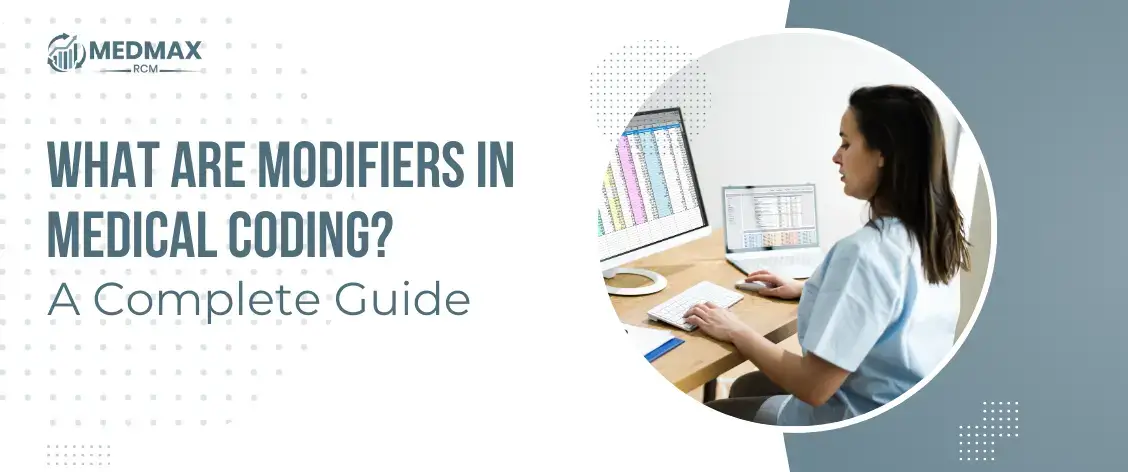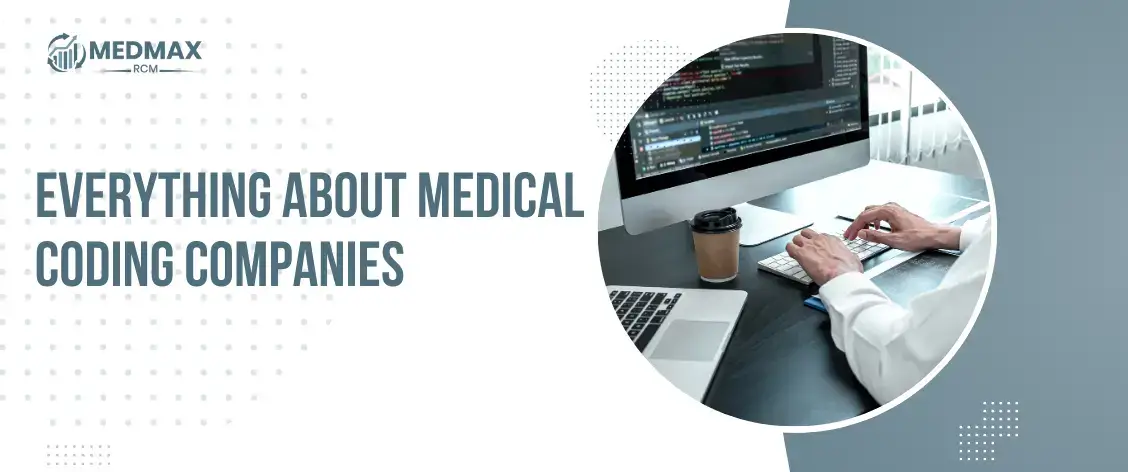
Successful Medical Billing Specialist Unveiling Secrets
Table of Contents
ToggleWhat is a Medical Billing Specialist?
A medical billing specialist is a professional responsible for submitting medical claims to insurance companies and ensuring that healthcare providers receive payment for services rendered.
They play a crucial role in the healthcare industry by ensuring that medical bills are processed accurately and efficiently.
The job of a medical biller requires a deep understanding of medical billing and coding procedures and regulations.
With the increasing complexity of the healthcare system, the demand for skilled medical biller is growing.
The Importance of a Medical Billing Specialist
The role of a medical billing specialist is critical to the financial health of healthcare providers and insurance companies.
They help to reduce errors and improve accuracy in medical billing and coding, which can have a significant impact on the bottom line.
They also help to reduce the administrative burden on healthcare providers and ensure that they receive payment in a timely manner.
Medical billing expert plays a key role in helping healthcare providers to maintain their financial stability and deliver quality care to patients.
Skills and Qualifications for Medical Billing Specialists
Medical billing specialists need to have a deep understanding of medical billing and coding procedures and regulations.
They must be detail-oriented and possess strong organizational and communication skills.
They must also be able to work with a variety of computer software programs and medical billing systems.
A background in healthcare, accounting, or business administration can be helpful for individuals interested in becoming a medical biller.
Medical Billing and Coding Procedures
Medical billing and coding procedures involve a complex set of steps that are necessary for healthcare providers to receive payment for services rendered.
These procedures include the preparation of medical claims, submission of claims to insurance companies, and resolution of denied claims.
Medical billing and coding procedures must be performed accurately and efficiently to ensure that healthcare providers receive payment in a timely manner.
Billers play a key role in ensuring that these procedures are performed correctly and in compliance with regulations.
Medical Coding
Medical coding involves the assignment of codes to medical procedures, diagnoses, and treatments.
These codes are used to communicate information about medical services to insurance companies and other healthcare organizations.
Medical coders must be knowledgeable about a variety of medical coding systems, including ICD-10 and CPT codes.
They must also have a deep understanding of medical terminology and anatomy to ensure that codes are assigned correctly.
Medical Billing
Medical billing involves the preparation of medical claims and submission of these claims to insurance companies and other healthcare organizations.
Medical billing specialists must be familiar with a variety of insurance plans and reimbursement methodologies.
They must also be able to resolve denied claims and communicate with insurance companies to ensure that healthcare providers receive payment for services rendered.
They play a critical role in ensuring that medical bills are processed accurately and efficiently.
The Reimbursement Process
The reimbursement process is a complex and multifaceted process that involves a variety of steps.
It starts with the preparation of a medical claim and ends with the receipt of payment from an insurance company or other healthcare organization.
Billers play a key role in ensuring that the reimbursement process is performed correctly and in compliance with regulations.
They must be able to resolve denied claims, communicate with insurance companies, and make necessary adjustments to ensure that healthcare providers receive payment in a timely manner.
Medical Billing and Coding Regulations
Medical billing and coding procedures must be performed in compliance with a variety of regulations and standards.
These regulations are designed to ensure the accuracy and integrity of medical billing and coding procedures.
They also help to protect the financial interests of healthcare providers and insurance companies.
Medical billing specialists must be familiar with these regulations and have a deep understanding of their implications for the billing and coding process.
HIPAA Regulations
HIPAA (Health Insurance Portability and Accountability Act) is a set of federal regulations that govern the use and disclosure of medical information.
Medical billing experts must be familiar with HIPAA regulations and ensure that they are in compliance with these regulations when performing medical billing and coding procedures.
HIPAA regulations include provisions for the protection of patient privacy, the security of medical information, and the transmission of electronic medical information.
They must ensure that all medical information is handled in a secure and confidential manner in compliance with HIPAA regulations.
CMS Regulations
CMS (Centers for Medicare & Medicaid Services) is a federal agency that administers Medicare, Medicaid, and the Children’s Health Insurance Program.
CMS regulations govern the reimbursement of medical services provided to beneficiaries of these programs.
Billing specialists must be familiar with CMS regulations and ensure that they are in compliance with these regulations when performing medical billing and coding procedures.
They must also be able to navigate the complex reimbursement systems of these programs to ensure that healthcare providers receive payment for services rendered.
Insurance Company Regulations
Insurance companies have their own set of regulations and requirements for medical billing and coding procedures.
Billers must be familiar with these regulations and requirements and ensure that they are in compliance with them.
They must also be able to communicate effectively with insurance companies to resolve denied claims and ensure that healthcare providers receive payment for services rendered.
The regulations and requirements of insurance companies can vary widely, so specialists must have a deep understanding of the specific requirements of each insurance company.
Medical Billing and Coding Software
Medical billing and coding software is a critical tool for medical billing specialists.
These software programs automate many of the complex and time-consuming aspects of the medical billing and coding process.
They can help to reduce errors, improve efficiency, and increase accuracy in medical billing and coding procedures.
They must be familiar with a variety of medical billing and coding software programs and be able to use these programs effectively to perform their job duties.
Popular Medical Billing and Coding Software Programs
There are many different medical billing and coding software programs available on the market.
Some of the most popular programs include:
a. Medical Practice Management Software
b. Electronic Health Record (EHR) Systems
c. Medical Billing Software
d. Medical Coding Software
Medical billing specialists must be familiar with these programs and be able to use them effectively to perform their job duties.
Benefits of Medical Billing and Coding Software
The use of medical billing and coding software can bring many benefits to healthcare providers and medical billing specialists.
These benefits include:
a. Improved accuracy and efficiency in medical billing and coding procedures
b. Reduced administrative burden on healthcare providers
c. Increased productivity for medical billing specialists
d. Enhanced security and privacy for medical information
Medical billing specialists must be aware of these benefits and understand how to effectively use medical billing and coding software to maximize these benefits.
Choosing the Right Medical Billing and Coding Software for Your Practice
Choosing the right medical billing and coding software for a healthcare practice can be a challenging task.
Billing specialists must consider a variety of factors when choosing a software program, including:
a. Compatibility with existing systems and processes
b. Ease of use and user-friendly interface
c. Functionality and features
d. Cost and budget constraints
Medical billing specialists must be familiar with the different options available and be able to provide guidance to healthcare providers on choosing the right medical billing and coding software for their practice.
Implementing and Training on Medical Billing and Coding Software
Implementing a new medical billing and coding software program can be a complex and time-consuming process.
Medical billing specialists must be able to effectively implement and train staff on the use of these software programs.
They must also be able to provide ongoing support and training to ensure that the software is used effectively and efficiently.
The implementation process must also be done in compliance with all relevant regulations and standards.
Maintaining and Updating Medical Billing and Coding Software
Medical billing and coding software must be maintained and updated on a regular basis to ensure its continued functionality and effectiveness.
Medical billing specialists must be familiar with the maintenance and update process for their software program and be able to perform these tasks effectively.
They must also be able to troubleshoot any problems that arise with the software and ensure that it is functioning correctly.
Regular maintenance and updates can help to ensure that the software is running smoothly and providing maximum benefits to the healthcare practice.
Integration with Other Healthcare Systems
Medical billing and coding software must be integrated with other healthcare systems and processes to ensure that medical information is accurately and efficiently transmitted and processed.
Medical billing specialists must be familiar with the integration process and be able to effectively integrate their software program with other systems and processes.
They must also be able to troubleshoot any problems that arise during the integration process and ensure that all systems are working effectively and efficiently together.
Integration with other systems can help to improve the accuracy and efficiency of medical billing and coding procedures, as well as protect the privacy and security of medical information.
Conclusion
Medical billing specialists play a critical role in the healthcare industry by ensuring the accurate and efficient billing and coding of medical procedures. They must have a thorough understanding of medical billing and coding procedures, regulations, and standards. They must also be familiar with medical billing and coding software and be able to choose, implement, maintain, and integrate these programs with other healthcare systems. By performing their duties effectively, medical billing specialists help to ensure that healthcare providers receive proper reimbursement for their services and that medical information is accurately and securely processed.








